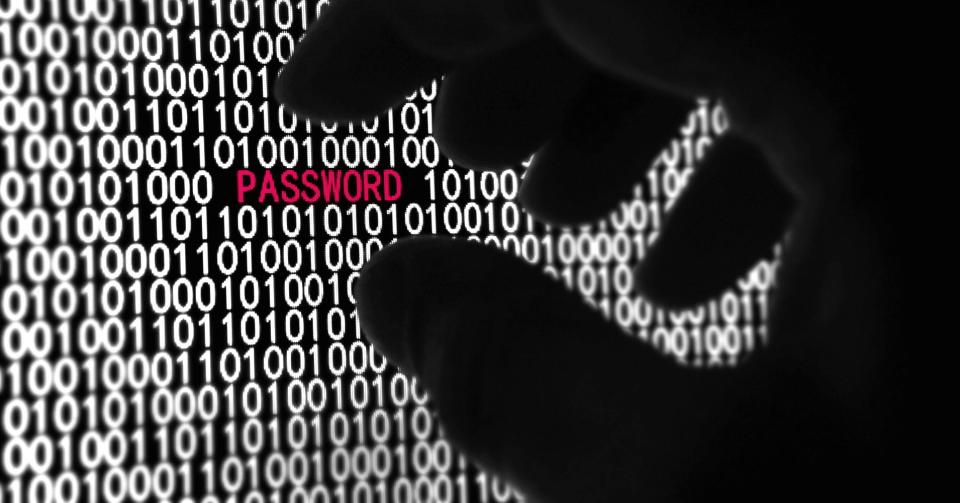8 steps you can take today to better protect yourself from identity theft

Identity theft is running at “epidemic levels” with at least 89,000 known cases in the first six months of the year.
And it is people in their 30s most at risk as they spend more time online, using more apps and more social media than ever.
According to Cifas, the UK anti-fraud organisation, almost 500 identities are being stolen daily.
Simon Dukes, chief executive of Cifas, said: “These frauds are taking place almost exclusively online. The vast amounts of personal data that is available either online or through data breaches is only making it easier for the fraudster.”
So what should you be doing to make it more difficult for the criminals?
Check your privacy setting across all social media: Who are you allowing to access your posts? Think twice before you share details – in particular your full date of birth, your address, contacts details – all this information can be useful to fraudsters. Be wary of location features.
Password protect your devices: Everyone (should) know that “password1” is no password. ActionFraud – the UK’s national fraud and cybercrime reporting centre – says: “Keep your passwords complex by picking three random words, such as roverducklemon and add or split them with symbols, numbers and capitals:R0v3rDuckLemon!.” Use different passwords for different accounts, especially those linked to banks, email, credit cards, online shopping etc.
Install anti-virus software: Install the software on your laptop, your mobile and any other personal devices and then keep it up to date. There are plenty of free versions out there. MoneySavingExpert has a recommended list of the best free anti-virus software
MORE: How hackers scammed would-be cryptocurrency investors out of $500,000 with a simple trick
4. Be wary of public wi-fi: Such is the desire to be online wherever we go, people may not be too picky about where they use free public wi-fi. Hackers are known to mimic and hack it – so be aware the next time you use your phone to check your bank balance in the pub.
5. Know your sites: Check websites are secure by looking for the padlock symbol or ‘https’ at the start of the website address. Only enter your personal information or credit card details on to secure websites that belong to organisations you know and trust.
6. Keep your mouth shut and eyes open: Banks and other financial services never ask for your PIN, so alarm bells should start sounding the minute someone claiming to be from your bank calls out of the blue and starts probing. Similarly, keep an eye on your credit or debit card in shops and restaurants – use card payment machines at your table; take extra care with contactless payments.
7. Email alarm: If something drops into your inbox asking for personal information for a “quick security review”, don’t trust it. The infamous Nigeria email scam still catches out thousands each year – if it sounds too good to be true, it probably is.
8. Remember snail mail: Millions of us still receive monthly bank or credit card statements but how many check them? Make sure you do, it could give you an early pointer to suspicious activity in your name. If you don’t need the statements – shred them. The same for utility bills – which are often required to “prove” identity. With so much paper now being recycled, left in crates outside houses for hours to be collected by the council, it’s vital to ensure no information can be so simply acquired.
Don't go through the horror of having your identity stolen! If your computer doesn't have antivirus software installed, it's a way in for fraudsters. #AreYouOneOfThem? Discover more shocking stats at actionfraud.police.uk/them Figures from YouGov survey in partnership with Cifas and Equifax
Posted by Action Fraud on Tuesday, June 27, 2017

 Yahoo Finance
Yahoo Finance 
